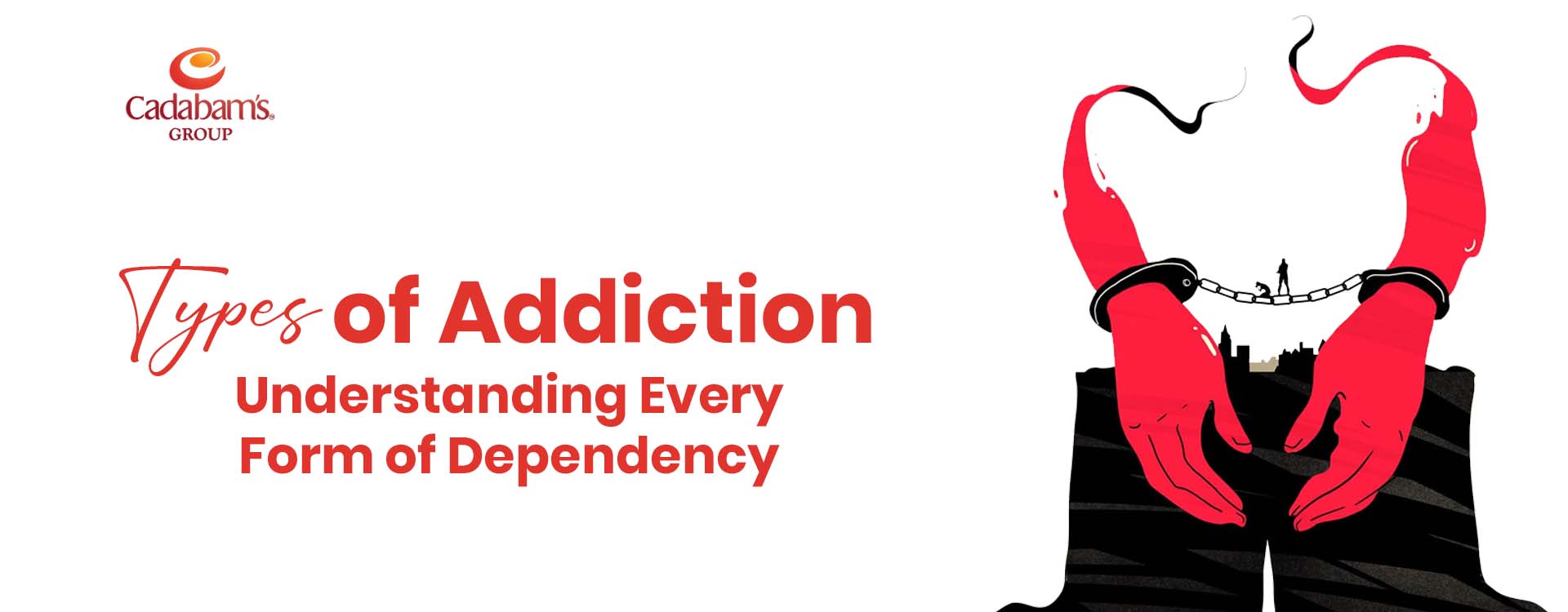Cannabis is known by many names – Marijuana, Pot, Hash, Grass, Weed and even Mary Jane on the streets. A mixture of dried leaves, flowers, and plant extract, Cannabis Sativa is one of the most commonly abused drugs in the world. What starts as a recreational use, often leads to marijuana addiction and Marijuana affects personal health, work, family and social life can be devastating.
Symptoms of Cannabis Addiction
Cannabis induced intoxication can result in multiple symptoms
Mood Related
- Relaxation
- Surreal imagination
- Intense pleasure or anxiety
Behavioural and Psychological:
- Drowsiness and slowed responses
- Sudden increase in appetite
- Dry mouth
- Altered sense of time
- Fear and Paranoia
Physical:
- Increased heart-rate
- Bloodshot eyes
- Impaired coordination
- Respiratory problems
Causes of Marijuana Addiction
- Marijuana delivers THC to the brain resulting in an instant high. This euphoric temporary ability drives the person to use it again. Marijuana’s addiction alters the pathways in the brain causing them to release neurotransmitters into the gaps between nerve cells, making one dependent on it
- The risk of addiction increases with the potency of THC in Marijuana. With time there is an increased dependence on higher THC to even cope with daily tasks
- If an individual is surrounded by an environment where cannabis is easily accessible, for e.g. if the parents and siblings smoked weed, the chances are that the person would succumb to the habit
- Peer pressure also drives individual behavior.
How Marijuana Affects Brain and Lifestyle?
Marijuana contains Tetrahydrocannabinol(THC) that is passed into the bloodstream through smoking or ingestion. The blood carries the THC to the brain through Cannabinoid receptors located in the high-density areas. These areas influence pleasure, memory, thoughts, coordination, sensory and time perception, etc. The person feels immediate high and fired up.
Apart from immediate intoxication, there are other adverse effects of long-term use of marijuana.
- Heart attack in case of overdose or existing heart conditions
- Anorexia, bulimia and other eating disorders amongst women and adolescent girls
- Affect fetus’s brain development
- Impair individual’s memory, inhibit the ability to handle complex situations
- Loss of motivation
- Withdrawal from the surrounding environment
- Suffer from depression, constant anxiety, mood swings, and suicidal tendencies.
Cannabis withdrawal syndrome peaks within one week of the last dosage. There are no medications available for the treatment. One can opt for programs offered by Anunitha De-Addiction Center for aftercare support and De-Addiction and Rehabilitation services to avoid a relapse. Call us on 9611194949 for further details or visit Cadabam’s Anunitha.
.webp)
.jpg)






